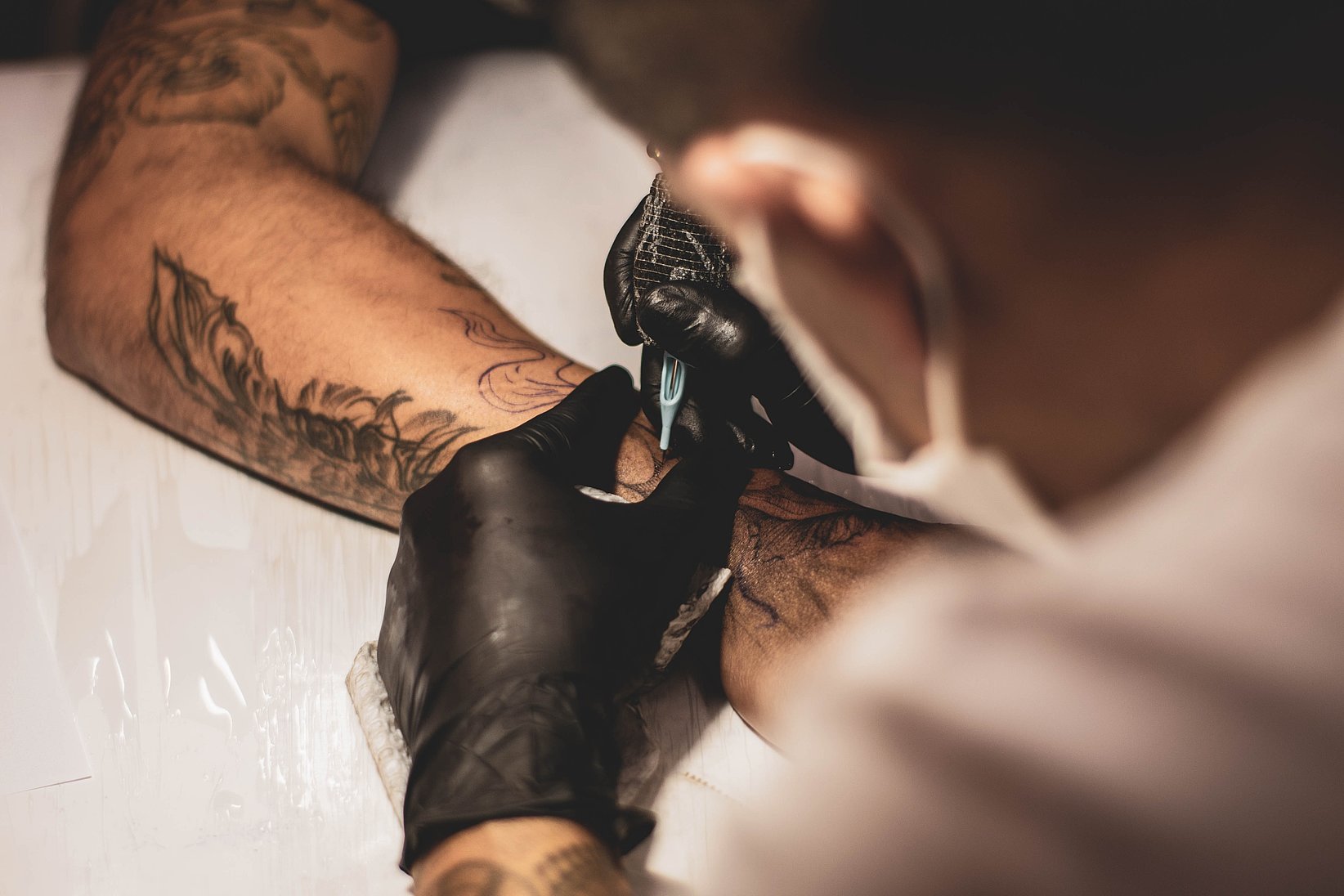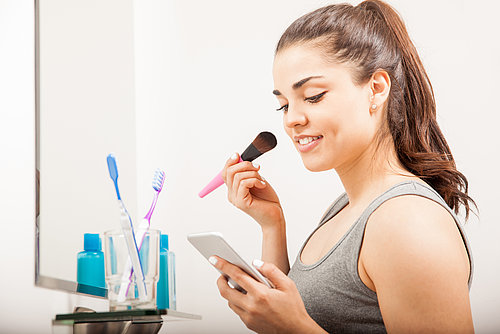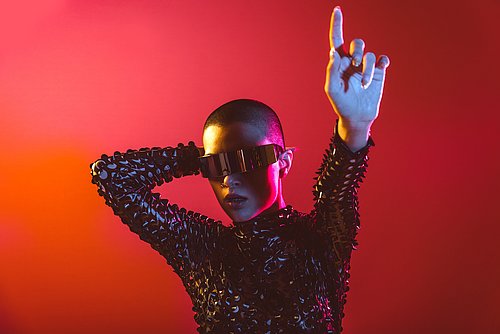
Marketing Agency, Film,Gaming, Gen Z, Music,Nintendo, Television, We are Family, Young adults,Brands, Tattoos
Brand Tattoos: Regret or Reclaim?

With one fifth of all British adults having tattoos, it comes as no surprise that some of these might be on the more questionable side. Whether it's an ex-partners name, a mistranslated quote or even just a poorly drawn animal; bad (or let's just say unique) tattoos are everywhere. For us as marketers, one of the most interesting categories of "unique" tattoos is brand tattoos. Whether it's the Coke logo, your favourite football team or even a character from a show you like, tattoos related to brands and corporations are everywhere.
In quite a fun (yet unscientific) study last year, DealA looked at what were some of the most tagged brands on Instagram when it came to tattoos. The results were somewhat unsurprising with Nike, Lego, Nintendo and Harley Davidson all making the top 5. The clear and obvious winner, however, was Disney with more tags than all of the other top 5 brands combined. In some senses, Disney is an obvious candidate for one of the most tattooed brands. It's been around for almost 100 years, it has a long list of characters and movies to choose from and for many people, the company has played a big role in their upbringing. Whether it was a trip to Disneyland when they were 5 or the Lion King VHS they watched incessantly growing up, Disney seem like clear candidates for life-long body art.
But does getting a tattoo of a brand represent the zenith of fandom? Or is it just that people aren't very imaginative when it comes to getting tattoos? In Disney's case, it's particularly hard to tell. With tattoos becoming more mainstream and normalised, it makes sense that one of the biggest brands on Earth with a treasure trove of interesting character designs would come out on top. While some marketing publications have argued that brand tattoos offer membership into social groups, meaningful associations and connections with those of similar ideals, it is hard to see how a Disney tattoo would offer such benefits. Smaller brands, on the other hand, might grant such access but come with more risks. What if the brand falls out of fashion? What if the brand is publicly humiliated or shamed (like this unfortunate woman with a Lostprofits tattoo)?
Tattoos always come with the risk of regret. I, myself, have some regrettable tattoos, but luckily nothing too major. But is the risk of regret more likely if it involves a brand? Speaking from personal experience, I don't think so. Getting a tattoo of an Air Force 1 might be just as regrettable as a tattoo of a majestic horse, it just depends on your perspective at the time. I regret getting a tattoo of a skull with a top hat when I was 17, but I still like the tattoo because it reminds me of a certain time in my life. The only difference with the brand tattoo is that the brand can do something to change your perspective of them, but unless it's something truly awful (like in the Lostprofits case), it can still just remind you of that time when you made a bad decision. I would also argue that a brand tattoo doesn't necessarily indicate fandom. I have a tattoo of Felix the Cat without having watched any episodes. Others may get tattoos to mock the brand, as is often the case with Disney.
Tattoos have become so embedded in the mainstream that they have almost lost all meaning. Perhaps getting a brand tattoo is a way of reclaiming ownership of beloved characters and experiences. Tattoos offer an outlet for people to do what they want with their own body. No copyright law can get involved and you can imagine brands in whatever way you wish. Positive promotion of the brand? Not necessarily. Freedom to do what you want and still show your fandom? Absolutely. Here's to more regrets.


